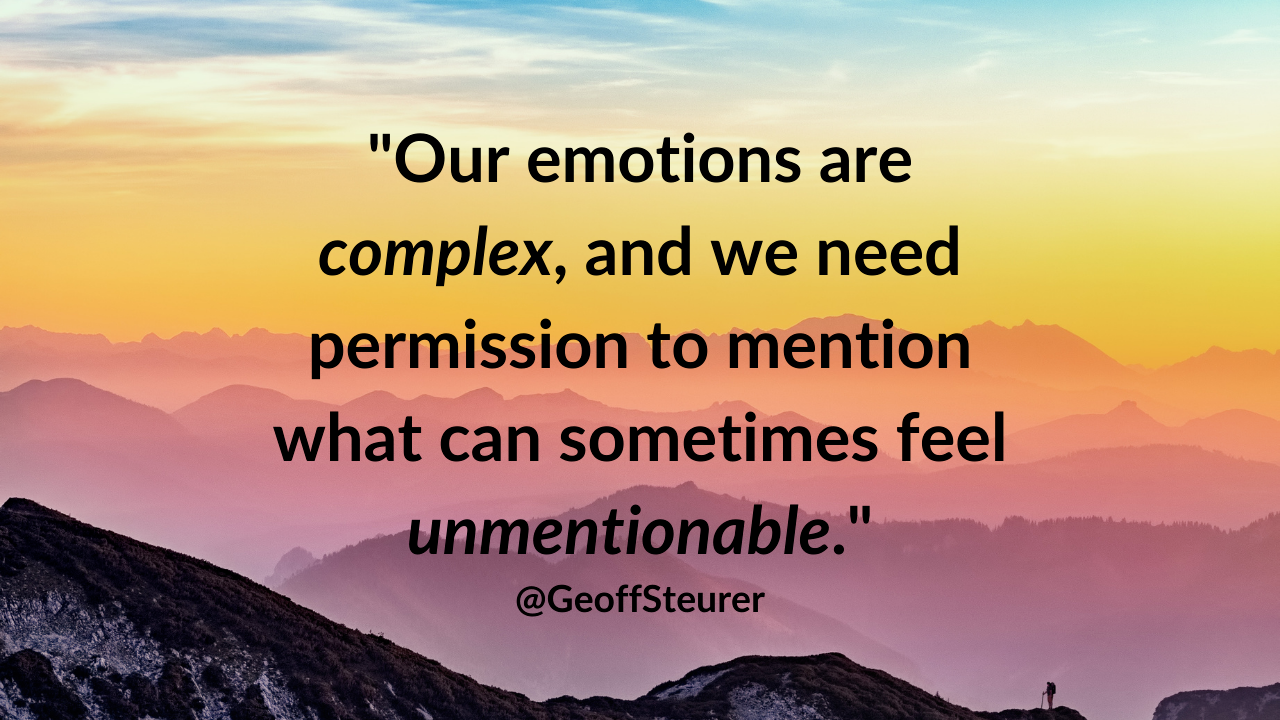Q&A with Geoff: My husband doesn’t seem to care about my health concerns
Sep 09, 2020
Question
Several months ago, I had a pulmonary embolism and thankfully lived through it. The day this occurred I felt ill at work and ended up at the hospital. I texted my husband that morning to tell him I was getting some tests and having chest discomfort and pain but that I would keep him posted.
In his defense, I didn’t make a big deal about it, but of course, I expected him to come even though he was an hour away. By 5 p.m., I learned I had a blood clot in my lung, and I was scared and still alone. I texted him and he got to hospital around 8 p.m. I never said anything, but I had never been so scared in my life. I couldn’t breathe and I was in so much pain.
He spent the next four months by my side helping me as I recovered. One day we got into an argument about me wanting to spend time with him outside of work, doctor appointments and our busy lives. His response showed me that he didn’t want to care about this, and all of the feelings of resentment and abandonment came back up for me. He said he didn’t feel the same way about me or our relationship and even said he hated me.
It’s been over a month of me trying to give him space while we’re living under the same roof and not talking unless I start a topic or just ask him how long we’re going to keep doing this. He says we’re making progress, but I don’t see it.
Last week I was tested for COVID, and when I told him I was negative, he texted back and said “great news,” but then when we were together, he stayed seated and didn’t respond to me and stayed silent. Today I have realized he genuinely doesn’t care.
I would love to hear your thoughts. I have beat myself up about this wondering if I had the right to expect him at the hospital back then. And after 20 years of marriage, I would think this is not the way to treat your spouse. I am so glad that I have him, and I thank him every day for taking care of me.
FREE: 3 Steps to End Your Marriage Argument
Download my free PDF guide and start making real progress to healing
We hate SPAM. We will never sell your information, for any reason.




